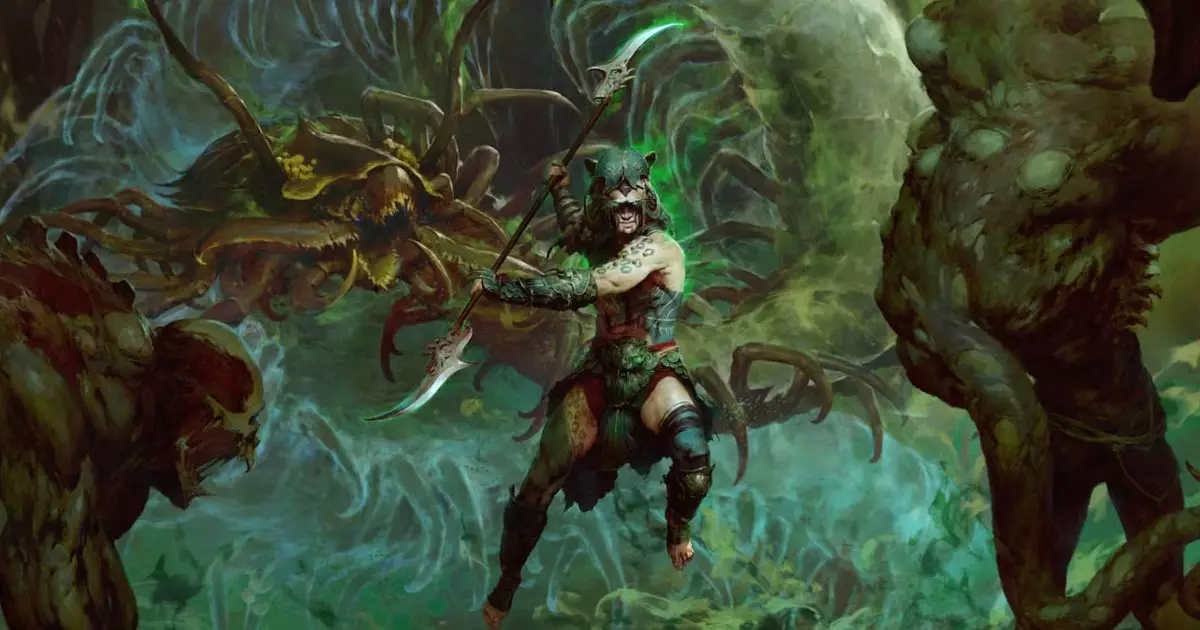Action RPGs (ARPGs) inhabit a complex and often contentious space within the gaming landscape. The term “Action RPG” itself sparks various interpretation conflicts, presenting both genial enthusiasts and fierce detractors with a muddled taxonomy. This article aims to dissect the underlying intricacies and societal implications of categorizing these games—taking a look at popular choices such as *Diablo IV*, *Path of Exile*, and even *The Legend of Zelda* series.
At its core, the genre’s designation can lead to confusion. On one end, there are classic isometric games like *Diablo* that epitomize the ARPG structure, characterized by hack-and-slash mechanics interwoven with complex loot systems and character development. Simultaneously, we also see titles like *The Legend of Zelda*, which integrate action elements into an adventure framework that blurs the lines of genre classification. This duality complicates conversations about the genre because players may evoke the ARPG label for entirely different experiences.
The resulting terminological quagmire means one person’s beloved *Zelda* may be another’s outlandish interpretation of what an ARPG should entail. However, this fragmentation may not be entirely detrimental; in fact, it could serve as a microcosm of broader gaming culture where subjective experiences share the limelight.
Here enters Rod Fergusson, the executive producer of *Diablo IV*, who recently suggested we normalize the term “Diablo-like” to refer to games that follow in the footsteps of the *Diablo* series, much like we use “Souls-like” or “Rogue-like”. While his intention may lean toward clarity, the ramifications are perplexing. The suggestion could incite both outrage and compliance, triggering debates about whose games merit the creator’s name as a descriptor. Such linguistic colonialism inadvertently positions *Diablo* as an archetype, with an implied quality that all its progeny must aspire to—a notion that critics find deserving of scrutiny.
But the conversation does not merely stop at naming conventions; it also probes deeper issues about legacy and quality perception. Critics may argue that holding *Diablo* as a gold standard inevitably leads to feelings of inadequacy surrounding other titles in the sub-genre. Some players might consider the series as foundational, while others dismiss the later iterations as having lost their exemplary footing, resulting in a broad spectrum of subjective opinions.
But, defining ARPGs on such merit also does disservice to the myriad directions that the genre can traverse. The debate extends far beyond mere terminology and into the domains of creativity and innovation—the lifeblood of the gaming industry.
Navigating the realm of Action RPGs is not insignificant, and it mirrors broader cultural conundrums about definition and perception. The genre is in a constant state of flux, marked by nuances that extend beyond the traditional hack-and-slash. As players engage in passionate debates about what constitutes an ARPG, the dialogue pushes the boundaries of collective understanding and appreciation. Perhaps the most enduring lesson here is that gaming genres are not merely boxes to check but, instead, vibrant landscapes brimming with evolution. In this dynamic space, all contributions are worthy of discussion and respect, regardless of their adherence to a rigid definition.

